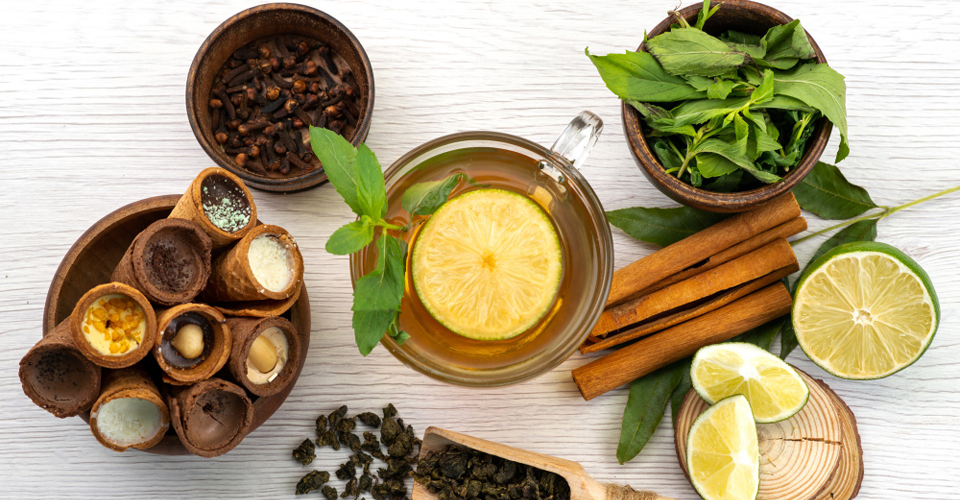
The Ultimate Guide to Ayurvedic Detoxification Treatment: Rejuvenate Your Body and Mind
In today’s fast-paced world, our bodies are constantly exposed to toxins from various sources such as pollution, processed foods, and stress. Over time, these toxins accumulate in our bodies, leading to various health issues. Ayurveda, the ancient Indian system of medicine, offers a holistic approach to detoxification that helps cleanse the body and mind, restoring balance and promoting overall well-being. This blog explores the benefits, processes, and key aspects of Ayurvedic detoxification treatment.
Understanding Ayurvedic Detoxification
What is Ayurvedic Detoxification?
Ayurvedic detoxification, also known as Panchakarma, is a comprehensive cleansing and rejuvenation therapy designed to eliminate toxins (ama) from the body and mind. This process not only removes impurities but also strengthens the body’s natural healing mechanisms, enhancing overall health and vitality.
The Philosophy Behind Ayurvedic Detoxification
Ayurveda is based on the principle that health is a state of balance between the body’s three doshas: Vata, Pitta, and Kapha. Imbalance in these doshas due to the accumulation of toxins can lead to various ailments. Ayurvedic detoxification aims to restore this balance by cleansing the body of impurities, thus promoting harmony and well-being.
The Panchakarma Process
Panchakarma is the cornerstone of Ayurvedic detoxification treatment and consists of five main therapeutic procedures:
1. Vamana (Therapeutic Emesis)
Vamana is a controlled vomiting therapy aimed at expelling toxins from the respiratory and digestive systems. It is particularly beneficial for Kapha-related disorders, such as respiratory issues, allergies, and skin conditions.
2. Virechana (Purgation Therapy)
Virechana involves the use of herbal laxatives to cleanse the intestines and expel toxins from the body. This therapy is effective for Pitta-related disorders, including liver problems, digestive issues, and skin diseases.
3. Basti (Enema Therapy)
Basti is a therapeutic enema that involves the administration of herbal oils and decoctions into the colon. It is highly beneficial for Vata-related disorders, such as arthritis, constipation, and neurological conditions.
4. Nasya (Nasal Administration)
Nasya therapy involves the administration of herbal oils or powders through the nasal passages. It is effective in treating sinusitis, migraines, and other head and neck-related issues.
5. Raktamokshana (Bloodletting)
Raktamokshana is a blood purification therapy that involves the removal of a small amount of blood to eliminate toxins. It is used to treat conditions such as skin diseases, hypertension, and varicose veins.
Benefits of Ayurvedic Detoxification Treatment
1. Enhanced Digestion
Ayurvedic detoxification helps in improving digestion by eliminating toxins and strengthening the digestive fire (Agni). This leads to better nutrient absorption and overall digestive health.
2. Improved Immunity
By cleansing the body of impurities, Ayurvedic detoxification boosts the immune system, making it more resilient to infections and diseases.
3. Increased Energy Levels
Detoxification rejuvenates the body and mind, leading to increased energy levels and improved mental clarity.
4. Weight Management
Ayurvedic detoxification helps in balancing metabolism and reducing excess body fat, aiding in healthy weight management.
5. Mental Clarity and Emotional Balance
The holistic approach of Ayurvedic detoxification not only cleanses the body but also calms the mind, promoting emotional balance and mental clarity.
How to Prepare for Ayurvedic Detoxification
1. Consultation with an Ayurvedic Practitioner
Before undergoing Ayurvedic detoxification treatment, it is essential to consult with a qualified Ayurvedic practitioner. They will assess your dosha balance, health condition, and specific needs to design a personalized detoxification plan.
2. Dietary Adjustments
Preparing the body for detoxification involves adopting a light and easily digestible diet. Include fresh fruits, vegetables, whole grains, and herbal teas while avoiding processed foods, caffeine, and alcohol.
3. Hydration
Staying well-hydrated is crucial during the detoxification process. Drink plenty of warm water and herbal teas to aid in the elimination of toxins.
4. Mindful Practices
Incorporate mindfulness practices such as meditation, yoga, and deep breathing exercises to calm the mind and prepare for the detoxification process.
Conclusion
Ayurvedic detoxification treatment is a holistic and effective way to cleanse the body and mind, restore balance, and enhance overall well-being. By incorporating the principles of Panchakarma and making lifestyle adjustments, you can achieve a state of optimal health and vitality. Embrace the wisdom of Ayurveda and embark on a journey towards a healthier, toxin-free life.



